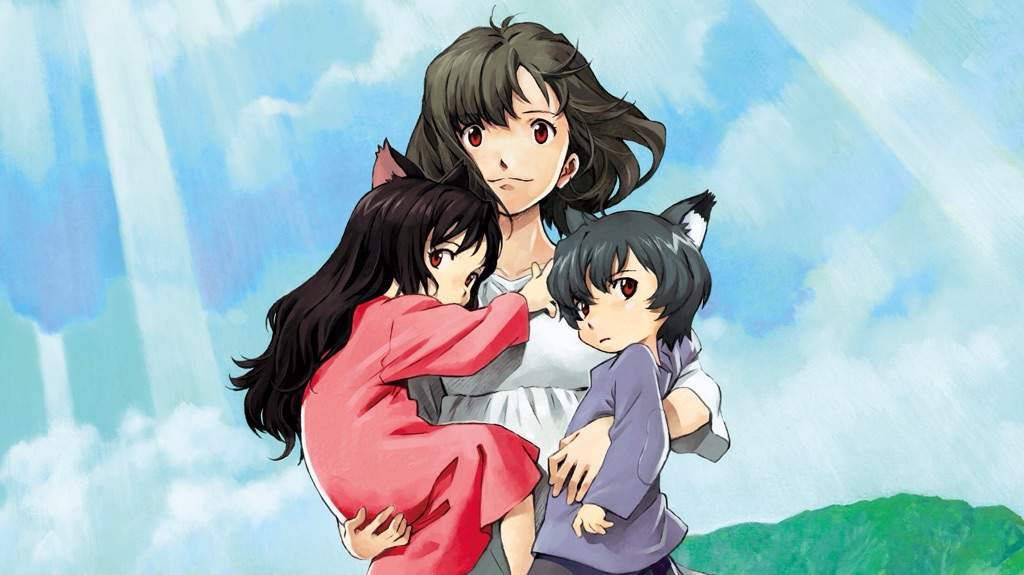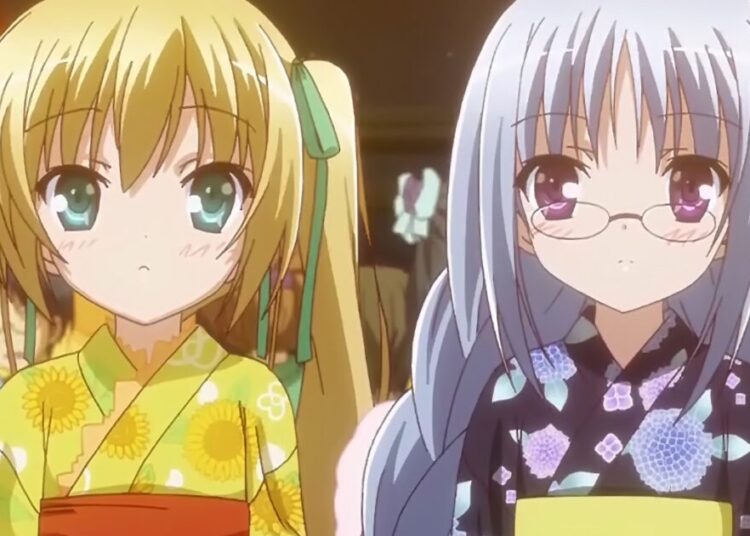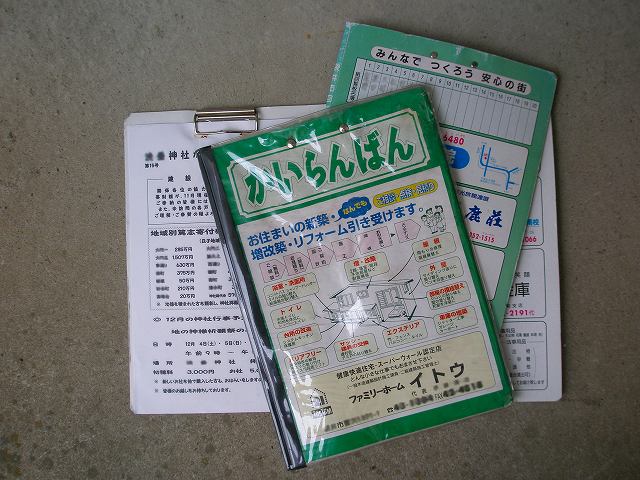An interesting aspect of Japanese polite grammar is the honorific “o” that goes in front of some words to give them a higher status. Various words that are especially important in Japanese society receive this prefix, like money (okane) or relationships like mother or grandmother (okaasan, obaasan). It’s interesting to notice the patterns of words that take this unique honorific. For example, words having to do with death or Buddhism tend to take it (otera = temple, okoh = Buddhist incense), yet words related to Japan’s Shinto religion usually don’t. English words don’t take the honorific, with the exception of o-new, a slang word for something purchased recently that’s very important to you. Adding the honorific “o” to words sort of “softens” it, so words related to children or babies often feature it (omaru = child’s potty, omutsu = diapers, oshiri = a cute word referring to a person’s rear end). An alternative reading for the “o” kanji is “go” and some words have “go” on the front instead (such as gohan, a polite word for rice or any food). Conceptually, “o” and “go” are exactly the same, since they’re written with the same kanji character.
And then there’s the always useful omanko, that naughtiest of all words, which takes the honorific “o.” Reply in the comments if you don’t know that it means.
















